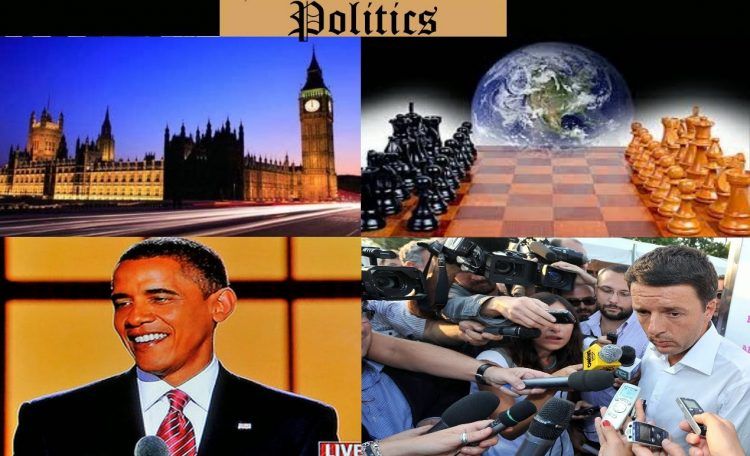Written By Annette Le Couteur
 As France becomes the 14th country in the world to legalize same sex marriages after President François Hollande signed into law a controversial bill allowing equal marriage adoption rights for same sex couples, one must ask the question, is the world ready for such a momentous societal change?
As France becomes the 14th country in the world to legalize same sex marriages after President François Hollande signed into law a controversial bill allowing equal marriage adoption rights for same sex couples, one must ask the question, is the world ready for such a momentous societal change?
It already looks as if Britain is ready to follow hot on the heels of France’s pro gay rights politics as David Cameron pushes forward a divisive same sex marriage plan which could see gay couples marrying as early as summer next year. Currently same sex couples have the right to form civil partnerships and to adopt children- the new plan would allow them to marry. Religious organisations would have to give their permission to offer the ceremonies.
However, the Church of England and the Church of Wales would be banned from participating. The Church’s traditional doctrine is that marriage, ‘is between one man and one woman.’
Predictably, the controversial change in law is in strong opposition to many religious organisations. The Archbishop of Canterbury, Justin Welby voiced his concerns and said,
The concept of marriage as a normative place for procreation is lost. The family in its normal sense pre-dating the state and as our base community of society is weakened.
Not only is the Bill in opposition to the church’s traditional doctrine but the Prime minister’s plans were finalized in May despite an attempt from half the of the conservative MPs to block the reform. The former defense secretary and Tory Cabinet Minister Liam Fox has openly spoken against Cameron’s gay marriage plans and accused him of dabbling in:
social engineering.
Fox’s concerns are justified if one addresses the social implications of not just the legislation of gay marriage but also that of gay adoption. Arguably, two individuals should not be denied the freedom of choice or the right to marriage if they love each other, however, the involvement of a child who is a voiceless third party and cannot willingly opt to join a same sex family unit is an issue of concern as the choice has already been made for him or her. Further social issues come into dispute if one considers the legitimate fear that children from same sex parents may face an increased risk of bullying and discrimination.
In addition to this, opinion polls have suggested that around 55-60% of French people support gay marriage, but only about 50% approve of gay adoption. However, Britain seems to possess a more liberal attitude with 53% of people believe gay couples should be permitted to adopt children.
Arguably, the same issues relating to the children of same sex unions echo the concerns surrounding the children of interracial marriages. Some may suggest that opposition to gay marriage or adoption is just as backward as opposing interracial marriage or the offspring that result from that union. Miscegenation laws were introduced in the United states to prevent mixed-race offspring and were frequently justified as necessary to protect the purity of the white race under theories of racial superiority.
Activists in particular tend to point towards this primitive train of thinking in order to support their pro gay rights ideology by claiming same sex-marriage opponents do not realise how closely their rhetoric mirrors that of the anti miscegenation activist- believing same sex couples are struggling against an injustice as terrible as America’s old laws banning interracial marriages. The laws were only lifted in 1967 when the United States Supreme Court ruled that all bans on interracial marriage were unconstitutional. Perhaps one day society may look back on opposition to gay marriage and gay adoption as unjust as the opposition to interracial marriage and the offspring that resulted from such unions.
In spite of the controversies surrounding Cameron’s decision and Conservative party protests, the Prime minister viewed the bill as socially forward and defended himself by claiming it was:
an issue that every country across the world is having to address.
Indeed, Cameron may be right in embracing societal change and encouraging a more liberal and accepting attitude in society. He added:
It is right for Britain.








